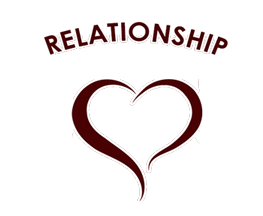In my work with thousands of couples I’ve discovered there are 4 types of trauma and each one of these has a direct impact on their relationships.
Think about it, have you ever wondered why certain relationship patterns keep showing up in your life?
Today, I want to share with you the 4 types of trauma that can deeply impact our ability to form and maintain healthy relationships.
Working decades as a therapist, I’ve seen firsthand how these traumas shape our connections with others.
The first type is abandonment trauma. This isn’t just about someone leaving – it’s about experiences our brain couldn’t process, stored in our amygdala, waiting to be triggered.
When someone with abandonment trauma’s partner forgets to pick up groceries, it’s not just disappointment they feel – it’s proof that “I’ll be abandoned again.”
The second type is rejection trauma. I see this often in my practice – clients who heard messages like “you’re my failure child” growing up.
This trauma makes people feel fundamentally “not enough,” leading them to either hide their true selves or sabotage relationships before rejection can occur.
Betrayal trauma, the third type, runs deep. I recently worked with a woman whose father stole her bat mitzvah money, followed by a husband who cheated on her.
These experiences make it nearly impossible to trust again without proper healing.
The fourth type is humiliation trauma. This creates a deep sense of shame and often leads people to build perfect-looking facades while hiding their authentic selves.
I have a client who achieved great success in life but lives in constant fear of being “found out” as an impostor.
Why should you care about understanding these 4 types of trauma?
– You’ll recognize patterns in your own relationships that may stem from past trauma
– You’ll understand why certain situations trigger intense emotional responses
– You’ll learn how trauma protection mechanisms might be blocking intimate connections
– You’ll discover the first steps toward healing these deep wounds
Healing any of these four types of trauma is possible.
The first step is becoming curious about these protective parts of yourself – not judging them, but understanding how they’ve tried to keep you safe.
With awareness and proper support, you can process these traumas and develop the capacity to love and be loved fully.
Ready to dive deeper into understanding how these four types of traumas might be affecting your relationships?
Watch the full video below where I explain each type in detail and share real client stories that will help you recognize and begin healing your own trauma patterns.

